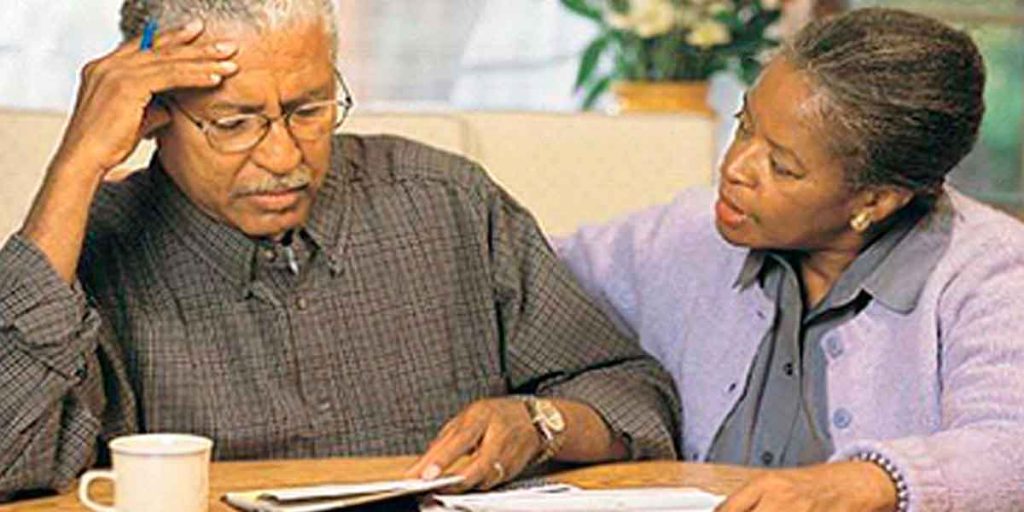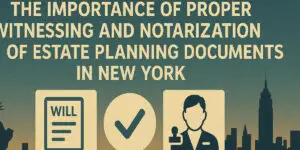Estate lawyers acquired training on matters regarding planning estates. Among their work is; Drafting and revising estate deeds including; powers of attorney, will deed, and any related segment. Upon death or when you’re incapable of managing your assets or making decisions regarding your wellbeing, these estate deeds serve the importance of making sure your directives are upheld. Following the much information available on the internet, DIY estate planning may not be far from your considerations. This seems so easy also less costly within a short period then again maybe costlier later on.
Grave mistakes people do when planning for estates on their own
Naming just one beneficiary, excluding charities, taxes, powers of attorney, failing to update the state plan, etc. Some of the ways an estate lawyer helps in avoiding these grave mistakes include:
1. Keeping your estate deeds updated
Estate deeds need revision after a certain period. This ascertains that your estate deeds still hold what you wish in your estate plan considering the changes that may occur in your lifetime. Estate planning lawyers make this happen.
2. Ensuring documents comply with the law.
Laws governing estate planning are dynamic and vary from one state to another in NY. Working along with an estate lawyer who is certified and has a license, makes it certain that your documents comply with the rules.
3. Ensuring documents communicate themselves out clearly.
Estate planning has complexity plus sensitivity. Estate lawyer makes estate deeds understood by easing the complications they might have, to avoid problems associated with estate documents that cannot communicate themselves. It might be a very big problem such as a will being revoked at probate court due to the same problems, this might be costly as no significant changes can be made since you would have been dead. Accurately drafted estate deeds are the ones considered in courts.
4. Advising on beneficiaries and titling of assets
Your entire assets are not automatically covered by your estate plan. Unless you effectuate them operational as one, some assets and heirs titling on properties such as life insurance and retirement, individually pass from your trust or will. Titling of assets and designing your beneficiaries is easily done when working closely with an estate planning attorney. To make sure your entire property is counted in the estate plan, the attorney revises and recommends your assets and also offers help with retitling accounts and properties and altering the heirs’ plan.
5. Drafting documents professionally
To cover conditions and objectives in your estate planning, a lawyer professionally drafts documents that are tailored to your situation. Witnesses and official public signatures are very important for your official document; the estate lawyer helps you organize for them. Therefore, you should be fearless for your witnesses and legal official public signatures as the lawyer collect them for you.
6. Answering your family’s queries in the future.
After death, family and associates might find a hard time in the transfer and management of the assets. An estate planning lawyer serves them as a consultant by giving them directions on what to do in a period of difficulties.
FAQs:
- Is estate planning so important?
Estate planning enables you to keep your assets safe and to make decisions on personal matters such as health care. It also ensures the transfer of your assets to your heirs according to your directives.
- After death, what should I enquire an estate lawyer?
Enquire about the validity of earlier power of attorney, if you have to protect the assets in any way, whether a will is present if any debts or taxes were owing, and about the probate process.
- How different is a probate lawyer from an estate attorney?
Probate lawyers usually handle the probate process of transferring assets to the heirs after death, while estate lawyers are operational by a client who plans for their estates while still alive by helping them prepare estate deeds.
- When should one start planning?
Estate planning starts when you have assets that need to be secured. You can start planning for your assets provided you are an adult as per the law, and you are of the capacity to do so.
- What happens if my heirs are minors?
When a beneficiary in a will is a kid who is not an adult legally, drafting a trust deed is a great solution. A trust allows you to choose a legal adult to hold the heir’s inheritance until when the heir becomes capable of managing the assets.









